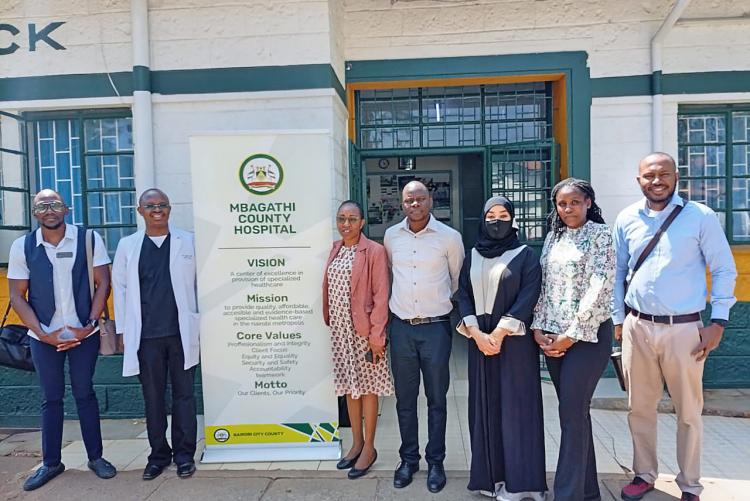High blood pressure in pregnancy known as pre-eclampsia and eclampsia is one of the biggest threats to mothers worldwide. Every year, these conditions take the lives of thousands of women.
In Asia and Africa, they cause about 1 in 10 maternal deaths, while in Latin America, it’s nearly 1 in 4. Sadly, women in low- and middle-income countries like Kenya are hit the hardest, with far more complications and deaths compared to wealthier countries.
There is a proven lifesaver: magnesium sulfate. The World Health Organization (WHO) recommends it as the gold-standard treatment because it can cut the risk of dangerous seizures in half and reduce deaths. At smaller health facilities, where many women go first for care, it’s often not used. Why? Because the treatment is complicated, requires close monitoring, and many health workers worry about possible side effects. This means too many mothers don’t get it in time and lives are lost.
That’s where the STEP-Mag Trial comes in. Sponsored by WHO, this large international study is testing whether a simplified way of giving magnesium sulfate can work just as well as the standard regimen. The goal is simple: make it easier and safer to use in smaller health centers, so more women can get the treatment quickly before it’s too late.
The trial is running in seven countries, including Kenya, at three major hospitals: Mama Lucy Kibaki Hospital, Mbagathi County Hospital, and Wamalwa Kijana Teaching and Referral Hospital.
If this trial proves successful, it could change the game for maternal health in Kenya and other low-resource settings by giving frontline health workers the tools they need, reducing preventable deaths, and making sure lifesaving treatment reaches mothers wherever they are.
Principal Investigator: Prof. Zahida Qureshi
Co-Principal Investigator- Prof. Alfred Osoti and Dr. George Gwako
Study Pharmacist-Dr. George Mugendi
Study Co-coordinator-Martin Eyinda
Project Admin: Teresiah Maina
- Log in to post comments

